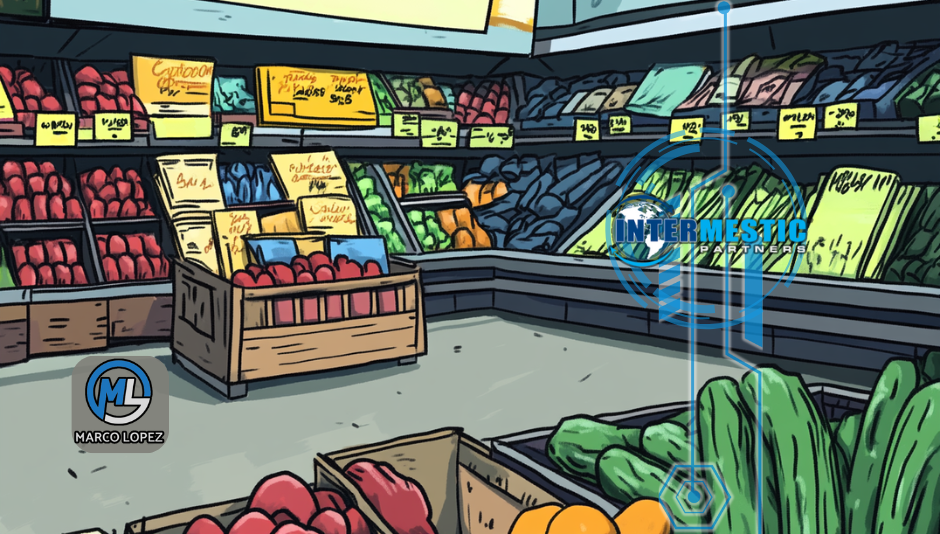How Trade Wars Are Inflating Your Taco: The True Cost of Tariffs
- Marco Lopez
- 7 days ago
- 2 min read

How Trade Wars Are Inflating Your Taco: The True Cost of Tariffs
Imagine planning your weekly taco night—only to find avocados have jumped in price. This isn’t just bad luck; it’s the ripple effect of tariffs and trade wars. These global economic tools are shaping what you pay at the checkout, one ingredient at a time.
As a former mayor of a border city in Arizona and CEO of Intermestic Partners—a cross-border advisory firm I founded in 2011—I’ve seen firsthand how global policy decisions hit home, especially in food prices. Intermestic Partners works with national and international companies navigating complex trade landscapes, and this issue hits at the heart of our mission: making global economics tangible.
Tariffs 101: What Are They?
A tariff is a tax on imported goods. It makes foreign products more expensive, encouraging buyers to “shop local.” For example, when the U.S. imports avocados from Mexico, tariffs raise their cost—costs that businesses pass on to you, the consumer.
Trade Wars: The Economic Tug-of-War
In a trade war, countries impose retaliatory tariffs on each other’s exports. One country taxes steel, the other taxes soybeans. Before long, the cost of doing business—and eating well—skyrockets.
When the U.S. slapped tariffs on Chinese goods, China retaliated with soybean tariffs, hurting U.S. farmers while raising food costs globally. One political decision caused ripple effects in multiple dinner plates worldwide.
Tacos Tell the Story
Let’s break down taco night:
Tortillas: Corn or flour, sometimes imported.
Ground beef: Feed may be tariffed.
Cheese: Milk prices fluctuate with trade policy.
Avocados: Nearly all come from Mexico—and face tariffs.
When each item sees a price increase, your taco night becomes a casualty of global economic brinksmanship.
Consumers Caught in the Crossfire
Higher import costs mean:
Increased grocery prices
Strained household budgets
Less access to affordable fresh foods
Even non-food items, like packaging or transportation, often involve imported materials impacted by tariffs.
Local Solutions, Global Awareness
So what can you do?
Buy local: Support farmers and reduce tariff exposure.
Stay informed: Understand how policy decisions affect you.
Engage policymakers: Advocate for fair trade practices.
As Director of the Arizona Department of Commerce and former chief of staff at U.S. Customs and Border Protection, I’ve seen how local decisions and global trade intersect. And through Intermestic Partners, we help businesses plan around these complexities—because even a simple taco is part of a complex global web.
If your business or community is feeling the pinch of tariffs and trade tensions, let’s connect. Intermestic Partners can help turn global uncertainty into a strategic advantage.
.png)
Comments